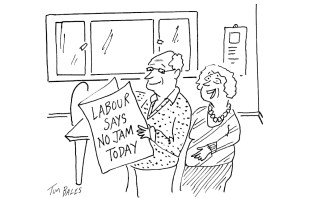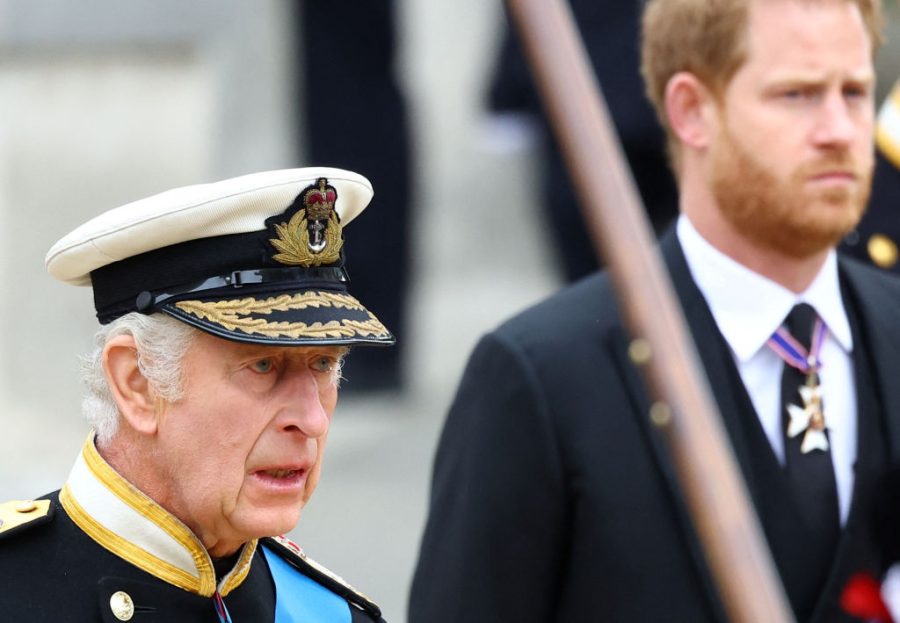In Home Is Where We Start, Susanna Crossman quotes one of Nadine Gordimer’s characters on the subject of utopias:
When rationalism destroyed heaven and decided to set it up here on Earth, that most terrible of all goals entered human ambition. It was clear there’d be no end to what people would be made to suffer for it.
At the unpalatable sounding communal meals, it was taboo for families to sit together
The book is a brave attempt to come to terms with the 15 years the author spent from 1978 onwards with her mother, her sister Claire and her unnamed brother in an ‘intentional community’ – as it was known by its fancifully named members. Their avowed aims were modest enough: to ‘explode’ the nuclear family, dismantle the patriarchy, save the Earth and revolutionise attitudes to class, sex, gender, money and childrearing – all in the name of those seductive but elusive ideals, freedom and equality.
The community was partitioned into Units, like ‘bees in a hive’, as a perspicacious visitor remarked, and socially divided into Adults and Kids. At the unpalatable sounding communal meals – the ingredients homegrown or bulk-bought from cash-and-carry stores – it was taboo for families to sit together. Instead of ‘Mum’, the Crossman children had to address their mother as ‘Alison’; and when the young Susanna was being overpowered by a stronger older boy, her mother was chastised for attempting to help her, since children must learn the hard way to stand up for themselves. At enculturation classes, the Kids were ‘force-fed “correct” usage, like foie-gras geese’ by the scary-sounding Barbara, because language is, of course, ‘a mechanism of male supremacy’.
As countless Orwellian dystopias have taught us, it is in the nature of the pursuit of equality to morph into its opposite, and under the banner of freedom there will always lurk a menacing revisioning of conventional right and wrong. Unsurprisingly, despite the propaganda, ‘Kids’ power’ was not equal to ‘Adults’ power’, and among the adults some were definitely more equal than others. Barbara was manifestly a bully; non-compliance with the ideology was punished by social humiliation, often far more threatening for children than any physical punishment.
More disturbingly still, a faux liberal sexual emancipation, combined with the pretence that children have the resources to make genuinely free choices, led inevitably to abuse. Claire was nine when, under the care of a disgracefully irresponsible couple, she was allowed to travel to India, where she was raped and sent home alone to keep the experience firmly under wraps. A twinkly-eyed 40-year-old married member of the community invited the 13-year-old Susanna to ‘sleep’ in his Unit, where he ‘massaged’ her. When she found the courage to tell her mother that she didn’t much like the experience, Alison’s laughing response was to suggest she simply ‘tell him to stop’.
Almost as dismaying was the decision of the community that, despite Susanna having valiantly studied to pass the exam to the local grammar school, she must not set herself apart from the other Kids or abandon class warfare; so she is packed off to a much more distant, progressive comprehensive. Here, thank goodness, she begins to rebel – but hair spray, frosted lipstick and tarty clothes are much disapproved of by the hand-weaving, clog-wearing community; and sadly its long arm claws Susanna back when a school friend is forbidden to visit her again after Susanna almost electrocutes herself forcing a plug from a socket.
‘What was the defining element which meant my family took this leap?’ she asks herself. The answer is a poignant history which does much to ameliorate any indignation felt for the later maternal derelictions. When Susanna was a baby, a freak accident led to a wall toppling on her eldest sister, Rachel, killing her. Her mother struggled on stoically, but her father seemingly couldn’t hack the catastrophe and bailed out, leaving his wife with three young children to cope with. Alison’s decision to decamp to a promise of comradeship and mutual support is something her daughter deals with generously.

Which is not to say that to understand is to forgive entirely. Discussing it all as an adult with Claire helped Susanna to process the damage they both sustained, especially the wilful disregard of the sexual molestations. By one of those ironic blows of fate that demonstrate the essential realism of Greek tragedy, this cherished sister and unique confidante died of colon cancer– so the whole experience has been bookended by traumatic loss.
I have some experience of growing up within a conformist ideology and recognise much of the ensuing psychological effect; so I know that this must have been a hard book to write. While the author discourses intelligently on the abiding failures of utopias, and interweaves her own experiences as a therapist, I think the primary purpose of the book was to explore and thus exorcise her childhood demons. In this one can only hope she has been successful.







Comments